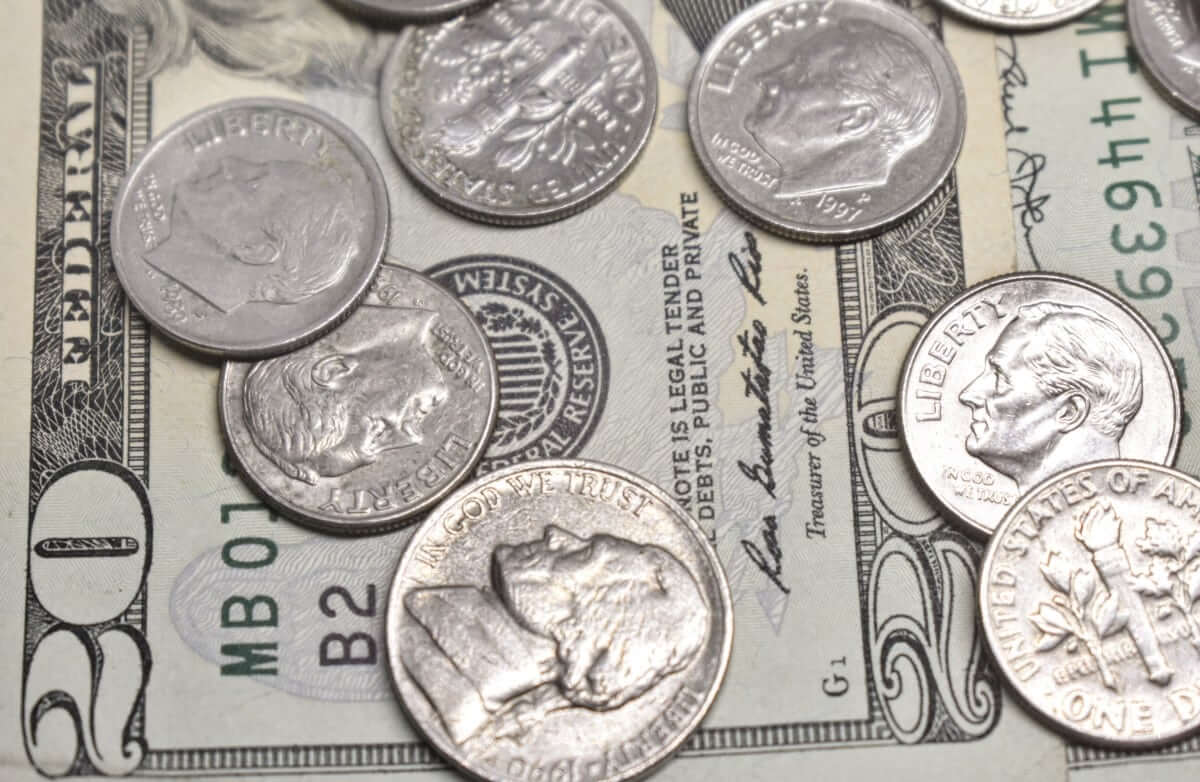
The U.S. dollar rallied on Monday. What about the Yen?
The U.S. dollar index, which compares the dollar against the basket of six major currencies, skyrocketed to a three-week high today. It last traded at 103.25. The index also added 1.1% on Friday. The greenback remained firm against the common currency during Monday’s session. Investors expect the U.S. Federal Reserve to raise its benchmark rate above 5%. According to new data, the labor market is still soaring. But the agency continues to try to lower inflation.
On Wednesday, the Federal Reserve hiked its interest rates by 25 basis points. The agency also announced that it was gradually winning the fight against inflation. After such a statement, traders concluded that policymakers are planning to slow the pace of their aggressive rate hikes in the coming months.
Moreover, new reports showed that the services industry recovered last month. U.S. nonfarm payrolls number surprised the markets, as well. On Monday, traders bet that the Federal Reserve’s policy rate would hit its highest point at 5.05% in June. The dollar benefited from these data.
Meanwhile, tension escalated between the U.S. and China after the incident off the coast of South Carolina on Saturday. The American military fighter jet shot down a Chinese balloon, suspecting it to be a spy. The appeal of the safe-haven dollar only increased after this news.
Tapas Strickland, the head of market economics at the National Australia Bank, noted that new data might be bad news if the agency perceives it as supporting its case for two more rate increases. In such a case, the Fed might decide to maintain high rates for a longer period.
How does the euro compare versus the dollar now?
The euro plummeted by 0.2% on Monday. It hit almost three-week lows, trading at $1.0769 at last. The common currency skyrocketed to a 10-month peak on Thursday. The European Central Bank hiked its deposit rate to 2.5% at its meeting that day. The ECB also stated that it would deliver a 50-basis point rate increase in March.
The risk of the European Central Bank not hiking interest rates high enough is bigger than that of raising them too much; Especially considering that inflation in the eurozone is still too high – noted Austrian central bank chief Robert Holzmann on Monday.
In Asia, the Japanese Yen dropped by 0.5% today. It exchanged hands at 131.90 per USD at last, after plunging to three-week lows of 132.60 earlier in the session. The Nikkei newspaper reported that Bank of Japan Deputy Governor Masayoshi Amamiya might take the post of governor after the current one. The newspaper cited anonymous government and ruling party sources in its article.
However, on Monday, Deputy Chief Cabinet Secretary Yoshihiko Isozaki announced at the press conference that Nikkei’s report wasn’t true. The BoJ has been maintaining its loose policy rate since the Coronavirus pandemic. The central bank claims that its necessary to avoid an economic recession. However, many parties critique such a policy, including opposition politicians and market participants.
According to Saxo Markets strategists, Amamiya has aided Kuroda since 2013 on monetary policies. Many consider him the most dovish among the contenders. Thus, if he takes the post, the Bank of Japan may continue its ultra-easy policy much longer than economists expected.
What about the EM currencies?
On Monday, China stocks plummeted due to elevated Sino-U.S. tensions. At the same time, the Turkish lira collapsed to a record low. In central Turkey and northwest Syria, a 7.8 magnitude earthquake caused tremendous damage. Consequently, the lira exchanged hands at 18.85 against the greenback. However, the currency steadied somewhat later in the session.
Piotr Matys, the senior FX analyst at In Touch Capital Markets, noted that Turkey’s inflation is still concerningly high. However, President Tayyip Erdogan wants the central bank to cut interest rates. If the bank acts, real interest rates will likely fall deeper into negative territory.
The MSCI index for EM currencies tumbled by 0.8% on Monday. At the same time, the stocks index shaved off 2.2%. The shares seemed set for their worst daily performance in almost 3.5 months.
South Africa’s rand also declined by 0.3% against the U.S. dollar. Investors are waiting for the Investing in African Mining Indaba conference. It is due later today. Meanwhile, shares in South Africa dropped by 0.5%. Last week, offshore investors purchased a net of 1.17 billion rands of South African stocks.




